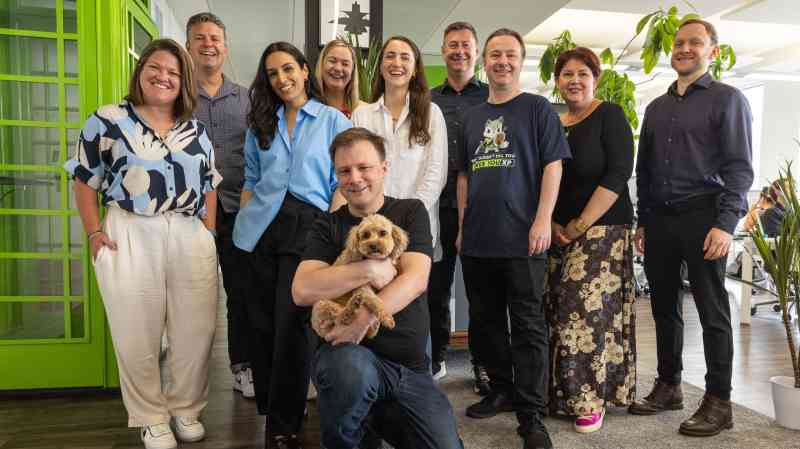The founders of the bid writing tool AutogenAI joke that they called their application “niche and boring” during a pitching meeting only to be advised by an investor that “specialist and underserved” might be a better description. Now they and their backers are rather excited about applying artificial intelligence to a procurement industry worth hundreds of billions of pounds in the UK public sector alone.
One advantage the crop of business services start-ups has over consumer-facing counterparts is that they are often speaking to an audience that is already well-versed in the potential of AI. When Featurespace, a Cambridge university spin-out backed by the late Mike Lynch, was looking at where to deploy its breakthrough in data analysis software a decade ago, it chose financial services because the industry already “spoke the language of computer scientists”.
Ten years on it has clients including NatWest and HSBC. Featurespace is among the businesses selected by The Times and Beauhurst, a data company, as one of the British AI businesses with the highest potential.
Quantexa
Those who were working in AI before the recent ChatGPT-inspired boom feel like they have gone from overlooked to “prime time”, says Vishal Marria, founder of Quantexa.
“I did a computer science degree 20 years ago,” he says. “We’ve gone from the back room to it being a board-level topic.”
Quantexa uses AI to connect and interpret data from various sources to provide “true single views” of individuals or businesses. Marria had the idea while working for EY, the accountancy company, when he was seconded to banking clients and saw their problems with trying to stitch together data held in silos.
Applications include anti-fraud, compliance and improving customer service, Quantexa says. Customers have included HSBC, BNY and the UK government, which used the service to tackle fraud on pandemic finance schemes.
Founded in 2016, Quantexa now has nearly 800 staff and achieved “unicorn” status last year when a funding round led by Singapore’s sovereign wealth fund valued it at $1.8 billion.
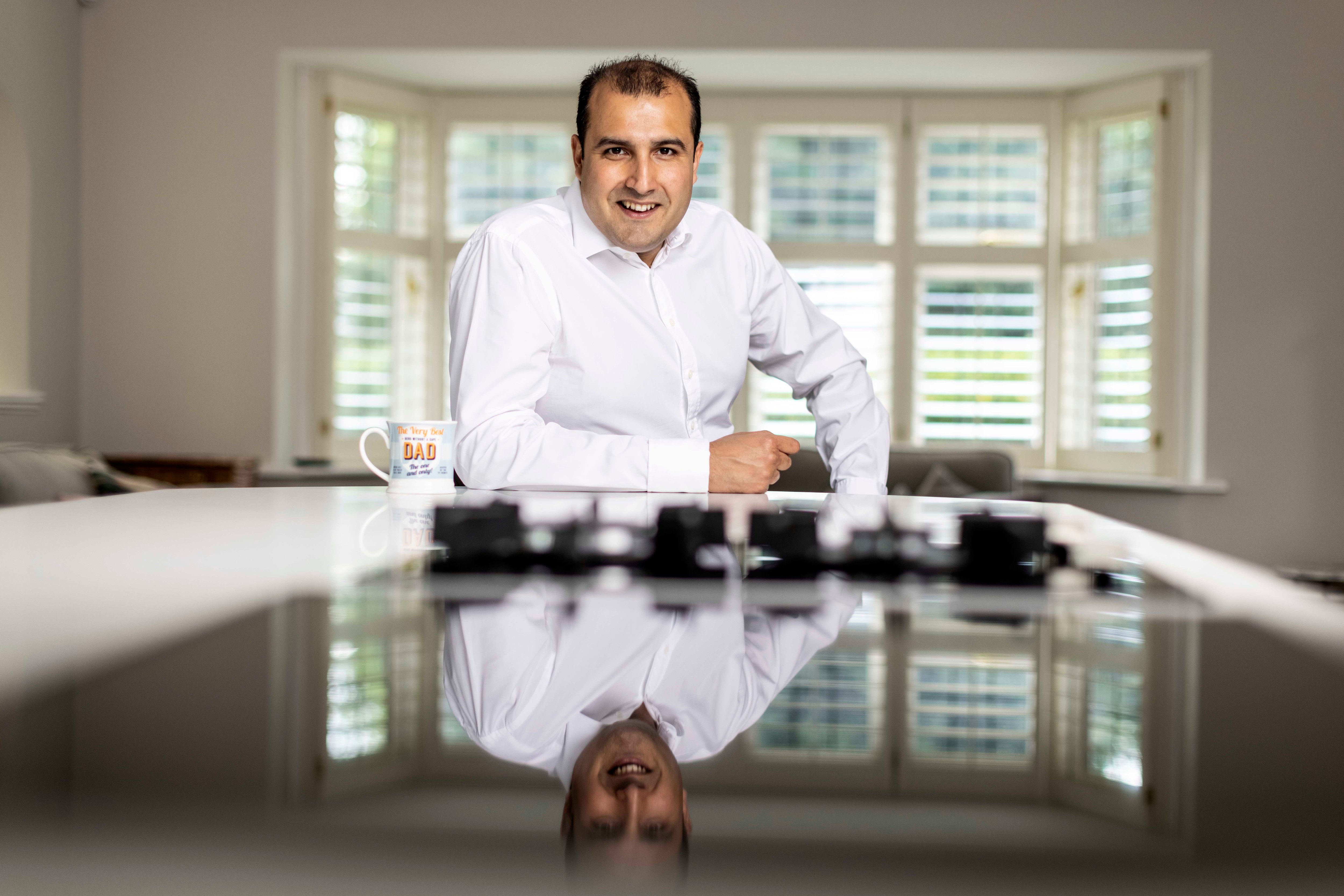
With regulation of AI a hotly debated topic, Marria says there is a pressing need to develop quality standards similar to the ISO accreditation used in areas such as food safety, transport and healthcare.
AutogenAI
AutogenAI helps companies to write and win procurement bids and proposals. It says its tools allow the process to be completed in hours instead of weeks, and it isn’t a case of simply asking ChatGPT to do the work.
“It’s really easy to get a large language model to write about a squirrel going to space,” says Raj Kaur Khaira, co-founder and deputy chief executive. “What’s really hard is to get it to write you something that’s cited, evidence sourced, grounded in reality, competitive, compelling.”
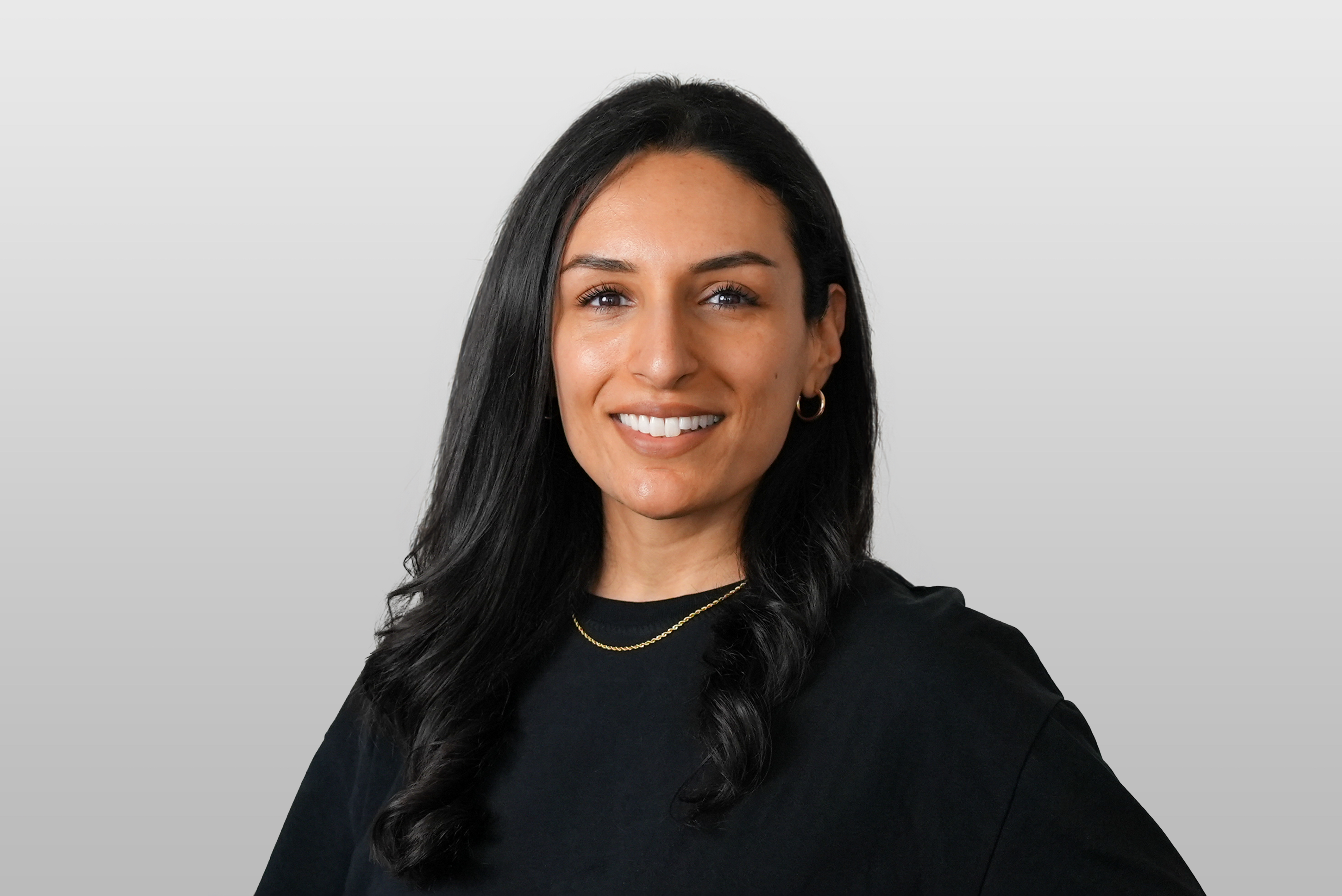
The London company’s language models are intended to give clients an “immediate advantage” in winning bids and tenders by helping to write, edit, review and research their work without the errors or “hallucinations” often found in mainstream large language or “chat” models. On public work, the company hopes that more efficient tendering will reduce costs for taxpayers.
Sean Williams, its other co-founder and chief executive, says the ability of computers to read and write is “going to be as big as the steam engine or electricity or the internet”.
He predicts that the power of large language models “is plateauing” but says the applications they will enable will be increasingly sophisticated, freeing up humans to do higher-value work. “It pushes humans up the cognitive hierarchy.”
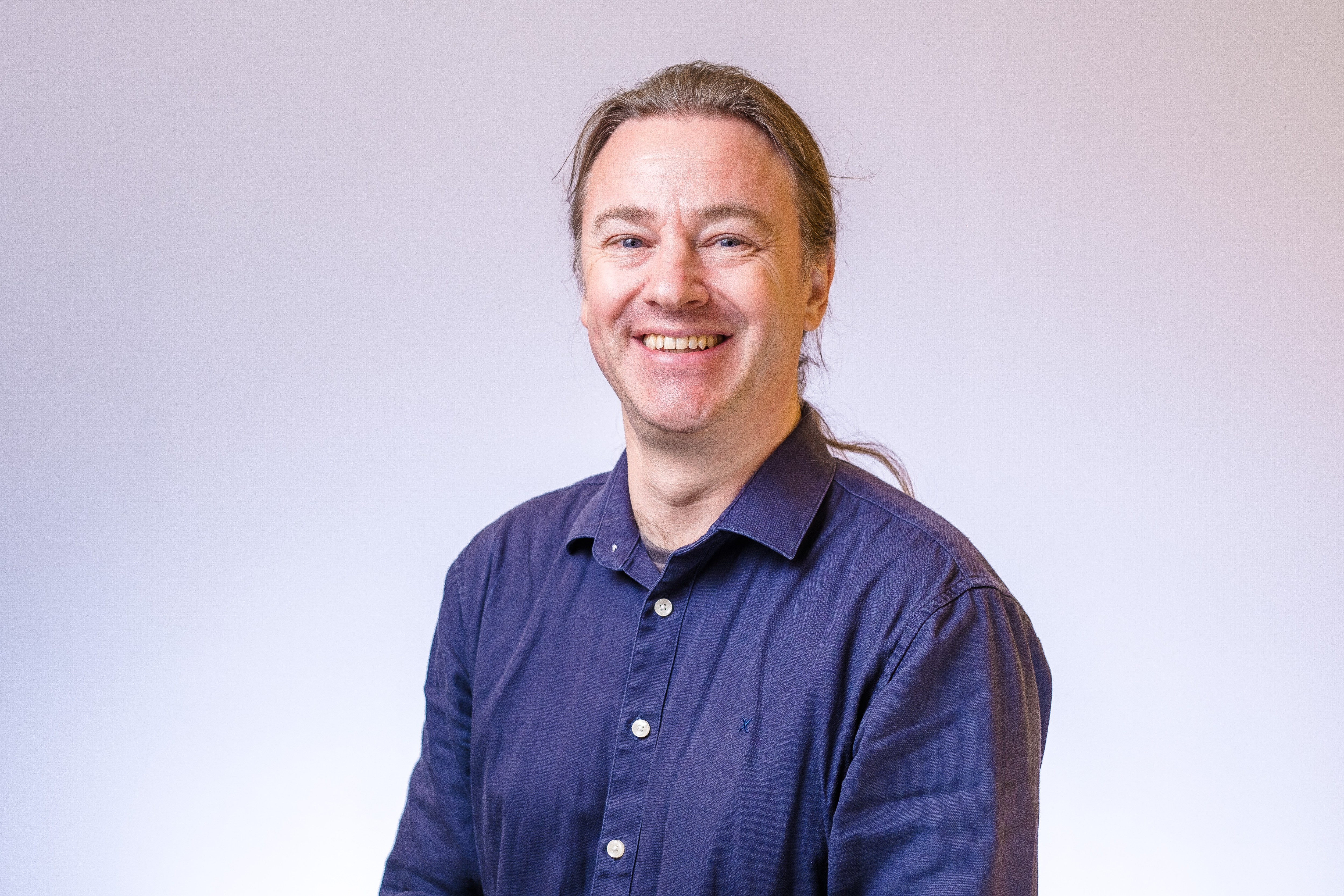
Amid fierce competition for staff, Williams says the talent in the UK for building an AI company is as good as it is in San Francisco, although UK staff have “a slightly different appetite for taking risks and joining a start-up. It’s incumbent on employers to de-risk that decision.”
Beauhurst estimates the company has raised £31.5 million in funding.
• High five: British technology companies set the pace in AI
Beamery
Founded in 2013 by the brothers Abakar and Sultan Saidov and Michael Paterson, Beamery was partly inspired by Sultan Saidov’s desire to help former banking colleagues find work after the financial crisis.
That has evolved into something more egalitarian as they started to think about unfairness in recruitment — an experience the Saidovs learnt about first-hand when their parents struggled to find work after moving to the UK from Russia in the 1990s.
The company’s early AI model assessed candidates’ potential by looking at their experience and education. Beamery was able to intelligently match people with a post rather than relying on the old school tie. Now its services take in recruitment, training and employee engagement.
“We ended up building a system for the world’s largest companies to understand their people and talent data,” says Sultan Saidov, a former Goldman Sachs trader. “Rather than just having a traditional application process, [we help] you look at [everyone], employees or candidates, that you’ve ever interacted with, and understand which might have the highest potential for different roles.”
In 2022 Beamery reached a valuation of more than $1 billion following a funding round, although it laid off staff last year following a downturn in venture capital and rising costs. Clients include UBS, Blackrock, Wells Fargo, Uber, General Motors and AB InBev.
Tractable
Founded in London in 2014, Tractable uses computer vision and machine learning to analyse images to understand damage and help to predict repair costs.
Its primary application is appraising damage after car crashes to make the insurance claims process quicker, easier and more effective.
However, the technology has the potential to work with all sorts of visual inspection, including of property damaged by natural disasters — expected to be a growing market because of climate change.
Clients include Aviva and Tokio Marine. Tractable says it can rapidly speed up the time it takes for claims to be processed by giving claims adjusters better and faster insights. It also helps garages to source the parts needed for repair more quickly. Where a repair has a low cost, Tractable may indicate that a customer is better off not making a claim.
The company, which has offices in New York and Tokyo, became the first UK computer vision company to achieve “unicorn” status with a $1 billion valuation during a 2021 funding round.
Jimmy Spears, Tractable’s head of automotive and property and a former insurance executive, says aspects of claims management that usually take days can be carried out in minutes, but he adds: “We are just at the pioneer stage.”
Venkat Sathyamurthy, the chief executive, says: “We make humans into super-humans because they are making a [higher quality] decision.”
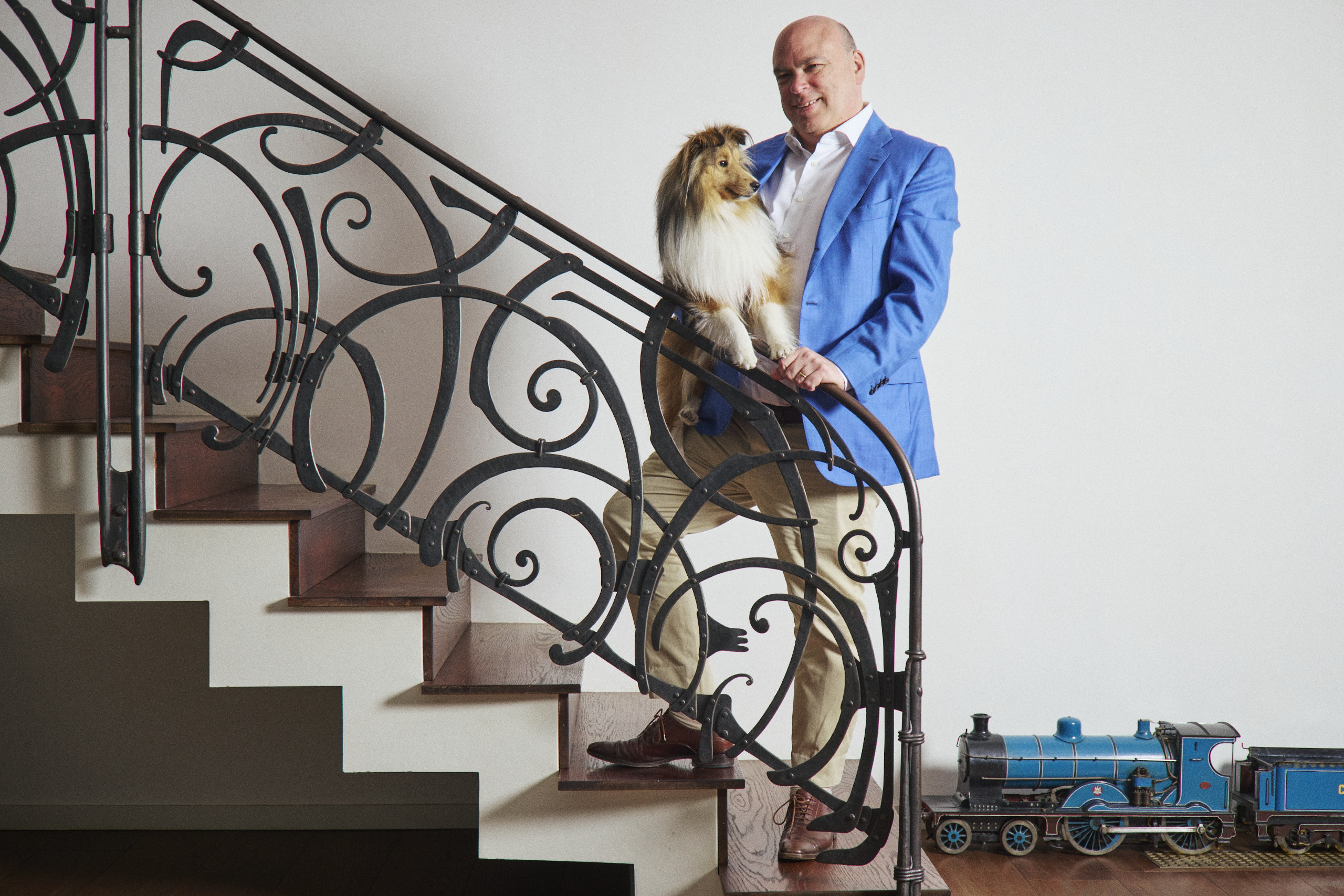
Featurespace
Martina King, a former Capital Radio and Yahoo executive, took over at Featurespace on the recommendation of her friend Mike Lynch, the entrepreneur and founder of Autonomy who died last week when his yacht, Bayesian, sank off Sicily.
The Cambridge university spin-out, which was backed by Lynch, had invented a way to apply mathematical principles to analyse datasets but was unsure how to commercialise it.
Potential applications for its “adaptive behavioural analytics” ranged from interpreting skin lesions to weather patterns, but King and her colleagues settled on financial services because it was already an industry “that spoke the language of computer scientists”.
Featurespace now has 100 clients, ranging from small payment processors to banks including NatWest and HSBC, which rely on it to prevent fraudulent payments.
When tested on even the most sophisticated payment scams — which most banks miss — Featurespace outperformed rivals by noticing about half, King says. The business has 420 staff and has raised £117 million in funding. Sky News reported over the weekend that the company was in talks to be taken over by Visa in a deal that could value it at £700 million.
Financial services companies face an arms race with fraudsters, King says. “The adversary is using generative AI and methodologies to try to outwit us. It is a battle of the machines. We have to keep pushing ourselves.”
In a tribute to Lynch last week Featurespace said that Dave Excell and the late professor Bill Fitzgerald, its co-founders, had been inspired by the entrepreneur’s “combination of intellect and commercial acumen”.
